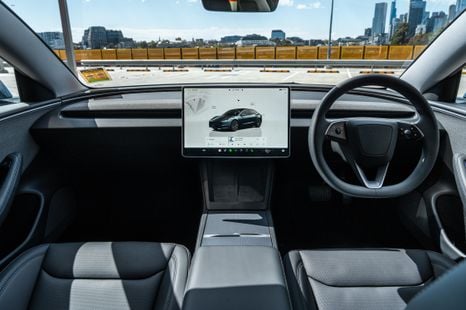

Damion Smy
China to mandate physical buttons in touchscreen crackdown
29 Minutes Ago

News Editor
Renault’s boss thinks electric vehicles won’t reach the same price point as internal combustion-powered vehicles any time soon.
“I do not see this parity getting close,” Renault Group CEO Luca de Meo told media at the Paris Motor Show, including Automotive News Europe.
Despite this, the Group’s namesake brand plans to become EV-only in Europe by 2030, five years ahead of the European Union’s expected ban of new internal combustion engine sales.
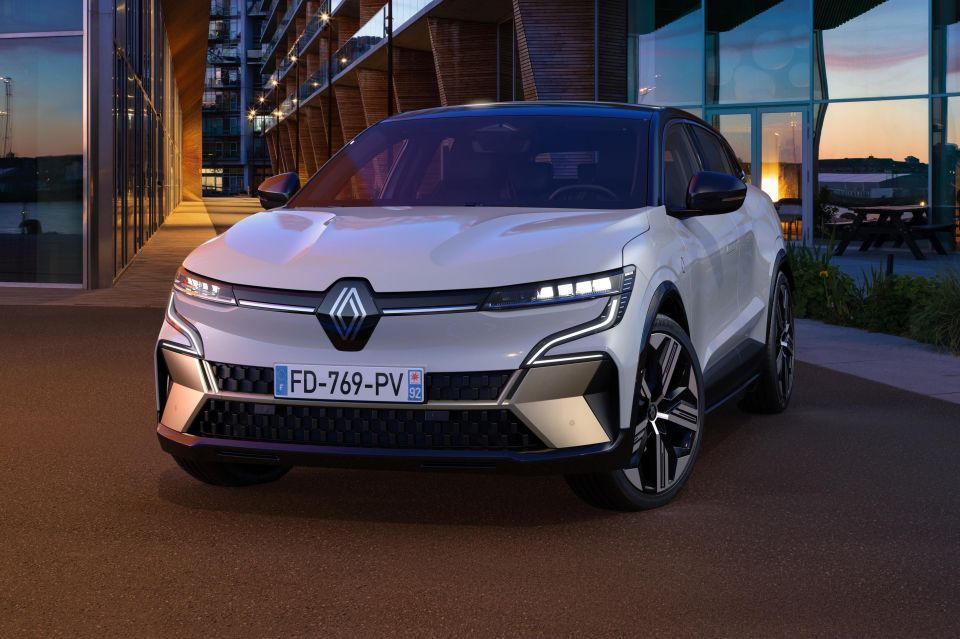
“I am taking the company there, but ultimately it will be the market, the customers, who will decide if they want to be electric-only,” said Mr de Meo.
He singled out the cost of raw materials as being one of the largest handicaps to lowering EV pricing, noting they account for 80 per cent of the cost of a battery.
“I can come up with better battery chemistry and better power electronics, but these gains would be erased when the price of cobalt doubles in just six months,” said de Meo.
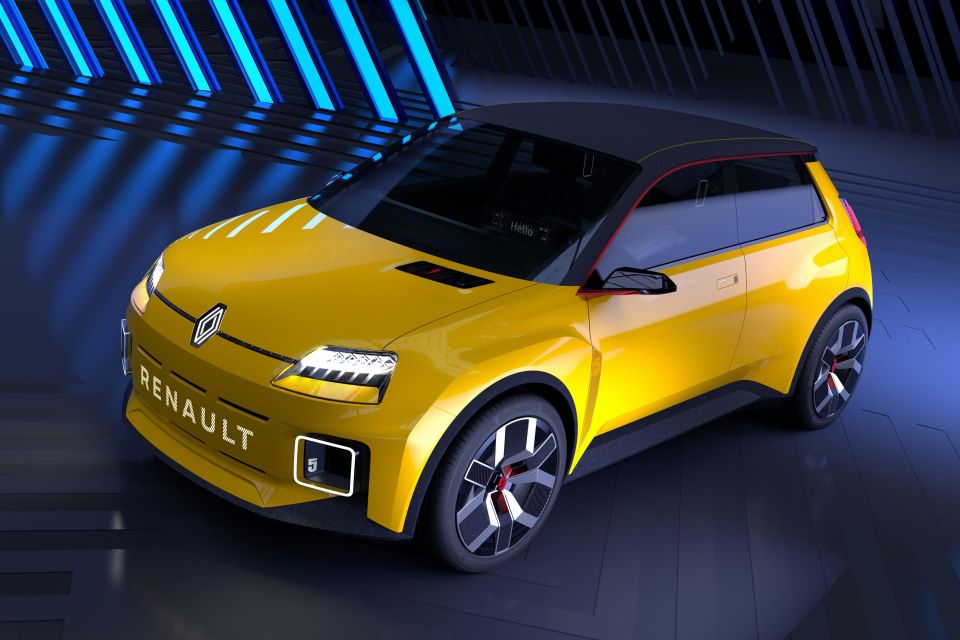
He also said the trend towards ever larger batteries is flawed.
“From an environmental point of view, having vehicles with batteries of 150kWh to 200kWh is simply environmental nonsense,” said Mr de Meo, calling for better recharging infrastructure so that automakers can offer smaller, cheaper batteries.
He added eight years ago the industry was expecting the cost per kilowatt-hour of battery power to fall by US$100 within five years, but this didn’t happen.
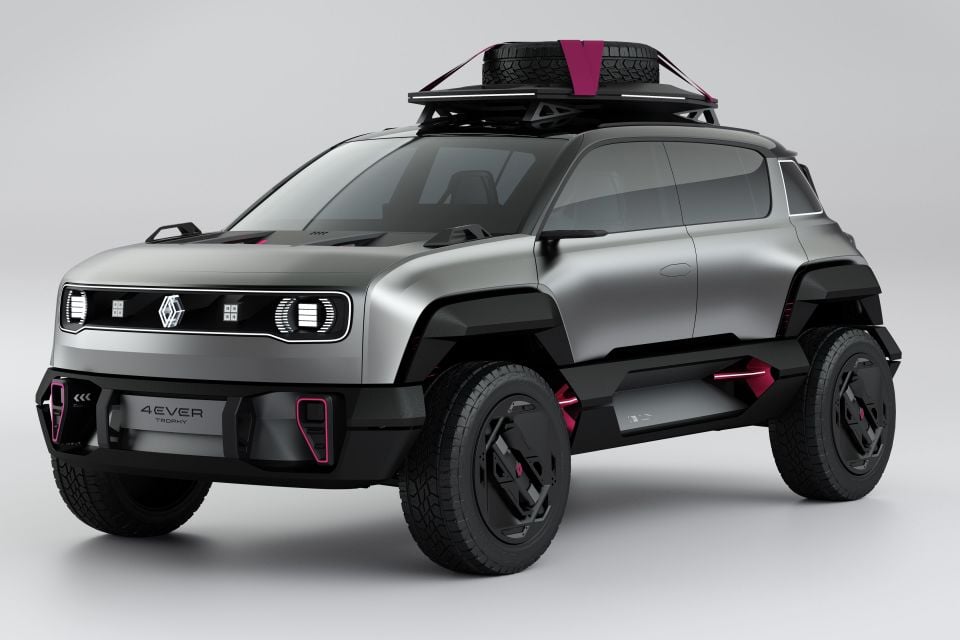
After being one of the early entrants to the EV market with its Zoe – popular in Europe, but an almost statistically insignificant seller here – the brand is rolling out a range of new-generation EVs across the light and small car segments.
The Megane E-Tech Electric was the first of the new-generation Renault EVs, and arrives in Australia in 2023.
A production version of the 5 concept is due in 2024 on the CMF-BEV platform, with 100kW and 160kW electric motors. A hotter Alpine-badged version will follow.
Earlier this week Renault also revealed its 4Ever Trophy concept, previewing a production 4 due in 2024.
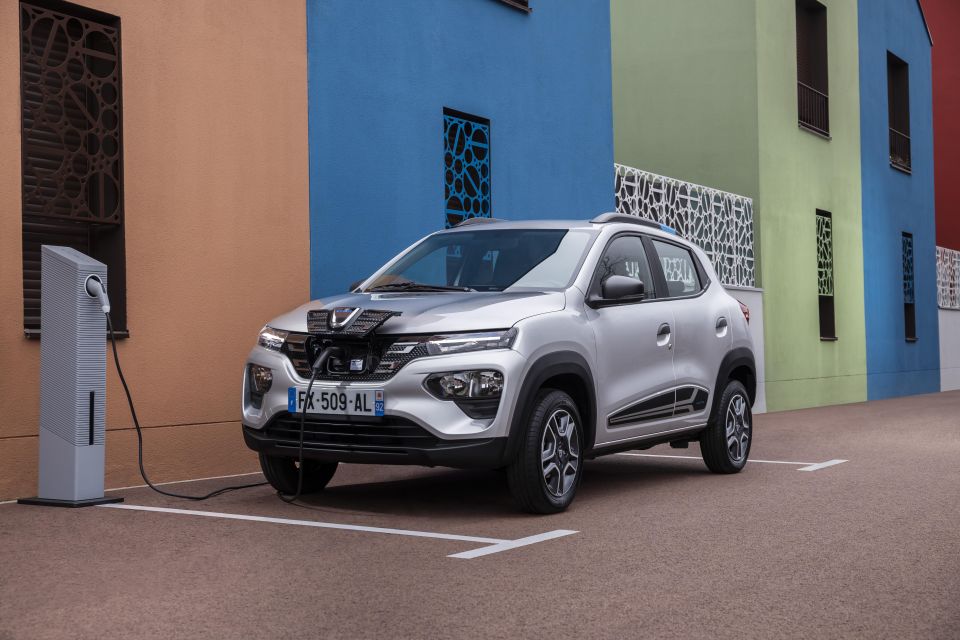
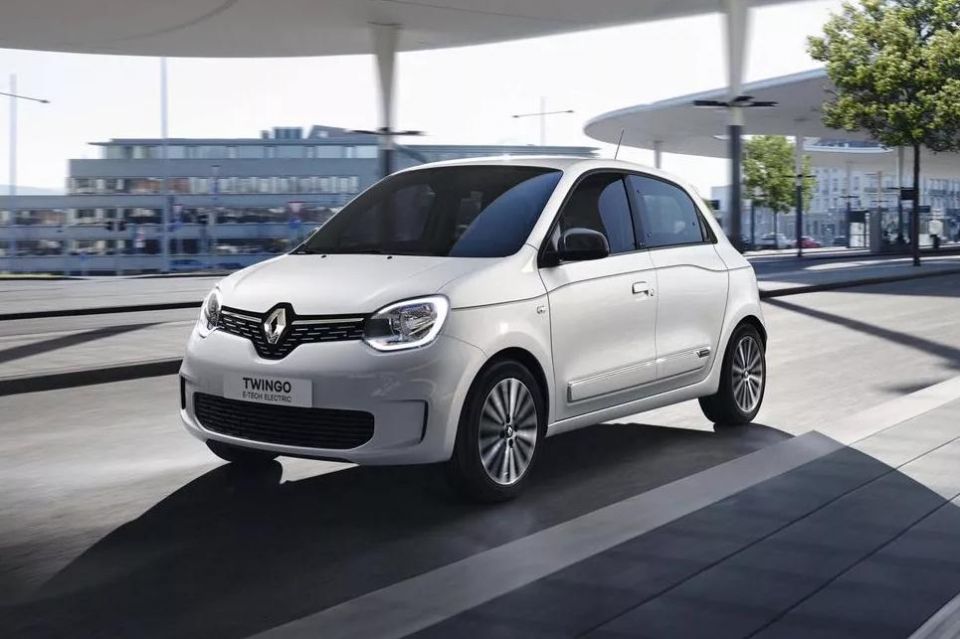
Like the 5, it’s inspired by one of Renault’s most iconic vehicles, and notably both the original 4 and 5 were positioned as affordable small vehicles. However, Mr de Meo warns they’ll be more expensive than comparable petrol Renaults.
In addition to the Zoe, the Renault Group already offers two of Europe’s most affordable EVs.
The Dacia Spring starts at €19,800 (A$30,870) and offers a 26.8kWh battery with 230km of WLTP range, while the Renault Twingo E-Tech Electric starts at €24,050 (A$37,496) and offers a 22kWh battery with 190km of range.
Dacia, positioned as the budget brand in the Renault Group, hasn’t announced plans to switch purely to EVs.
The Renault Group is reportedly planning to split itself into EV and internal combustion engine divisions, and sell a majority stake in its engine business to Geely and an oil company as it focuses on EVs.
Go deeper on the cars in our Showroom, compare your options, or see what a great deal looks like with help from our New Car Specialists.
William Stopford is an automotive journalist with a passion for mainstream cars, automotive history and overseas auto markets.


Damion Smy
29 Minutes Ago
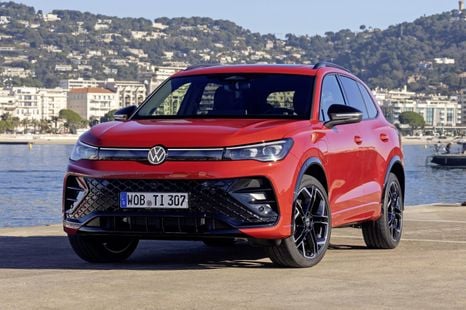

William Stopford
51 Minutes Ago
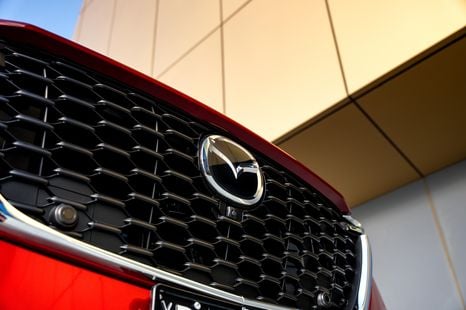

Ben Zachariah
2 Hours Ago
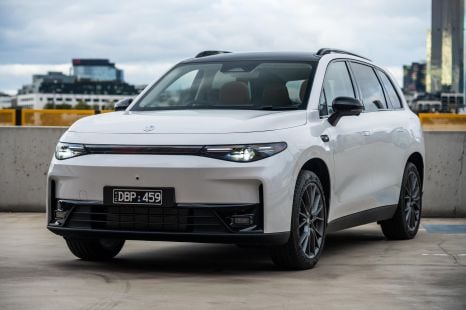

Marton Pettendy
2 Hours Ago
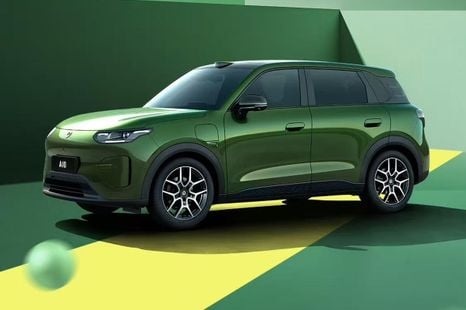

Marton Pettendy
2 Hours Ago
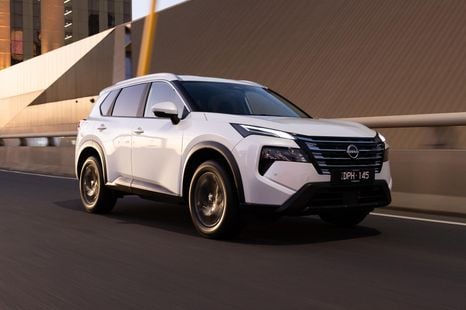

William Stopford
3 Hours Ago
Add CarExpert as a Preferred Source on Google so your search results prioritise writing by actual experts, not AI.